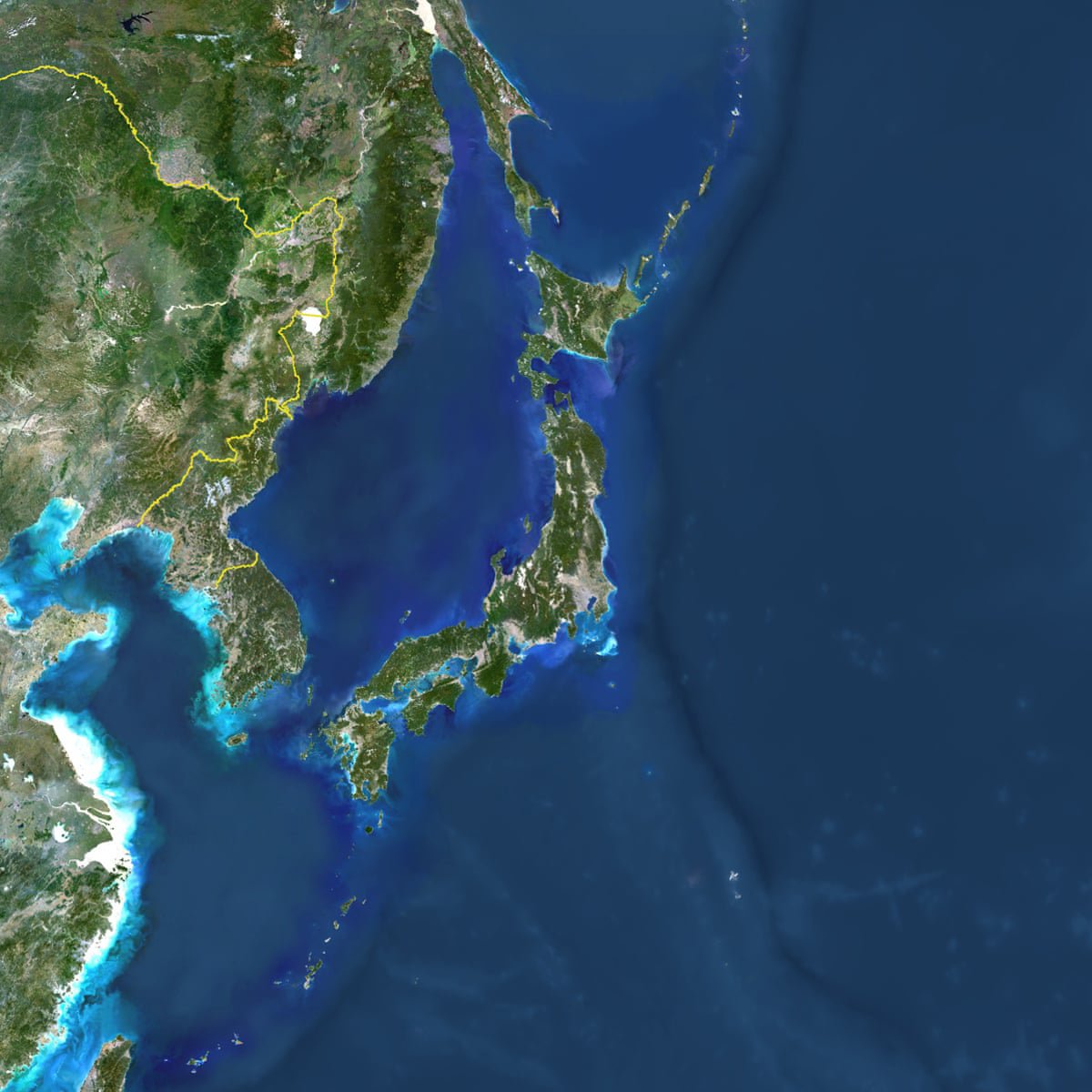The US and Japan have said that an attack in space would trigger their security treaty, as senior officials from both countries warned that China represents the “greatest strategic challenge” to regional security.

“We agree that [China] is the greatest shared strategic challenge that we, our allies and partners face,” the US secretary of state, Antony Blinken, said on Thursday after meeting his Japanese counterpart, Yoshimasa Hayashi, in Washington.
The US also strongly endorsed Japan’s plans to significantly strengthen its defences, including the ability to attack enemy bases if it believes an attack is imminent – a move some have criticised as a violation of the “pacifist” principles set out in its postwar constitution.
“It’s very simple, we heartily welcome the new strategies especially because there is … a remarkable convergence between our strategy and strategies and Japan’s,” Blinken said.
The Blinken-Hayashi meeting, which also involved the Japanese defence minister, Yasukazu Hamada, and the US secretary of defence, Lloyd Austin, comes weeks after Japan announced its biggest military buildup since the second world war, including plans to acquire the ability to carry out “counterstrikes” against enemy bases.
“The ministers concurred that China’s foreign policy seeks to reshape the international order to its benefit and to employ China’s growing political, economic, military and technological power to that end,” the four said in a joint statement. “This behaviour is of serious concern to the alliance and the entire international community.”
Growing alarm over Chinese military activity near Taiwan, coupled with a flurry of ballistic missile tests by North Korea over the past year, have prompted a further shift from the strictly defensive posture Japan adopted after its defeat in 1945.
Under updated strategies announced last month, it hopes to double defence spending to 2% of gross domestic product in fiscal 2027 – bringing it into line with Nato countries – including the purchase of hundreds of US-made Tomahawk cruise missiles.
Hayashi said Washington and Tokyo shared “a vision of a modernised alliance to acquire the posture to win in the new era of strategic competition”.
The countries also agreed to create a “more agile” US marine unit based on the southern island of Okinawa that would be better placed to respond to emergencies around Japan’s south-west islands, which are located near Taiwan.
“I think this is going to contribute in a major way in our effort to help defend Japan and also promote a free and open Indo-Pacific,” Austin said, adding that the unit, formed out of a reorganised existing regiment on Okinawa, would be in place by 2025.
Japan hosts 18,000 US marines – the biggest concentration outside US – and most are stationed on the main Okinawan island, part of a chain that stretches along the edge of the East China Sea to within about 100km (62 miles) of Taiwan.
China, which claims democratic Taiwan as part of its territory, drew condemnation last year after carrying out exercises many saw as a test-run for an invasion of the island.
“I won’t second-guess Mr Xi but what I will tell you is that what we are seeing recently is some very provocative behaviour on the part of China’s forces,” Austin said, referring to Chinese leader Xi Jinping.
“We believe that they endeavour to establish a new normal but whether or not that means that an invasion is imminent, you know, I seriously doubt that,” he said.
The four-way talks took place a day before the Japanese prime minister, Fumio Kishida, was due to meet Joe Biden to build support for Japan’s presidency of the G7, whose leaders will meet in Hiroshima in May.
Earlier this week Kishida and the British prime minister, Rishi Sunak, signed a defence pact that will enable Britain and Japan to deploy forces on each other’s soil, in the latest move towards closer security ties.
Sunak described the agreement as “hugely significant” for both countries, adding that it “cements our commitment to the Indo-Pacific”.
Justin McCurry in Tokyo, The Guardian